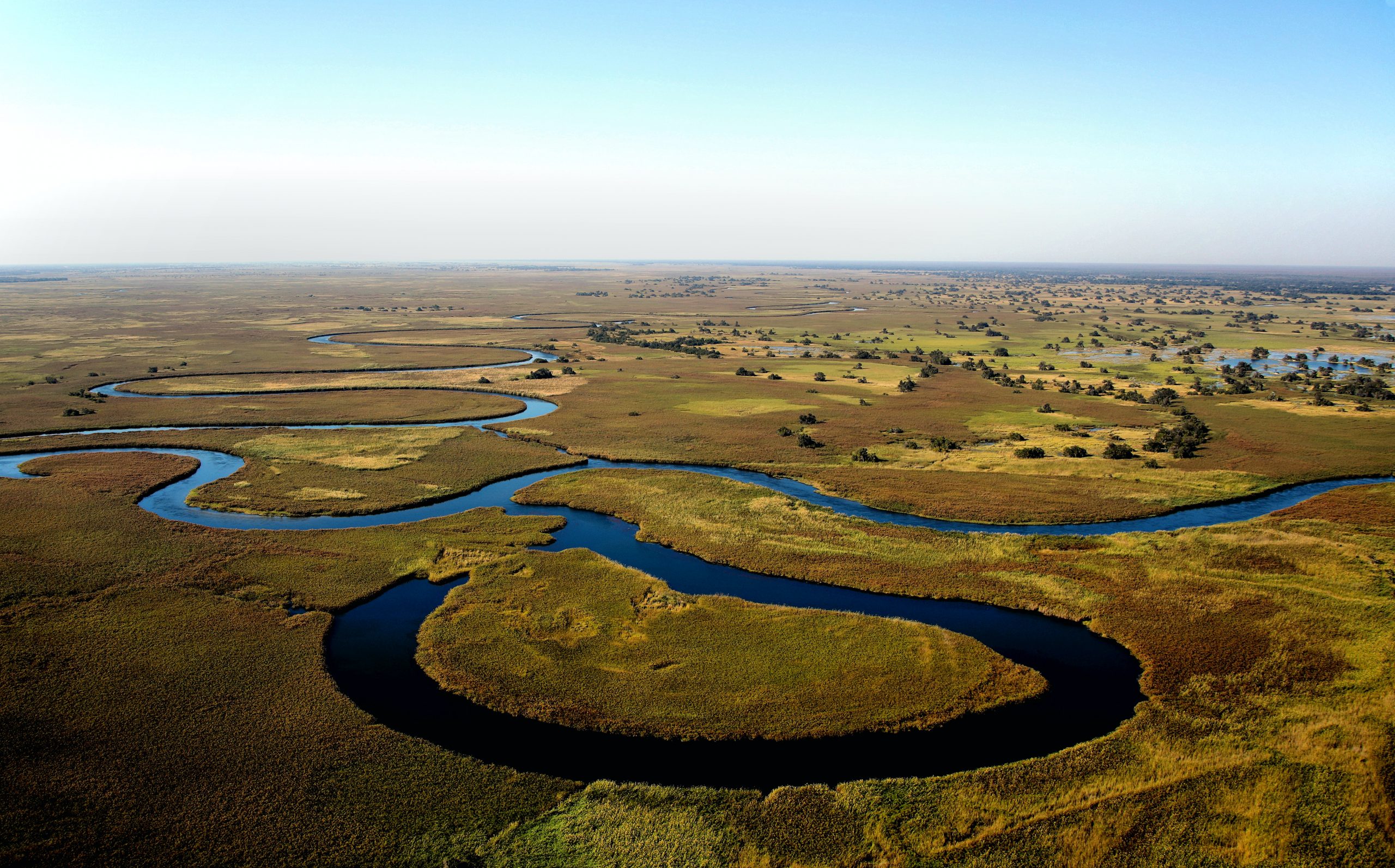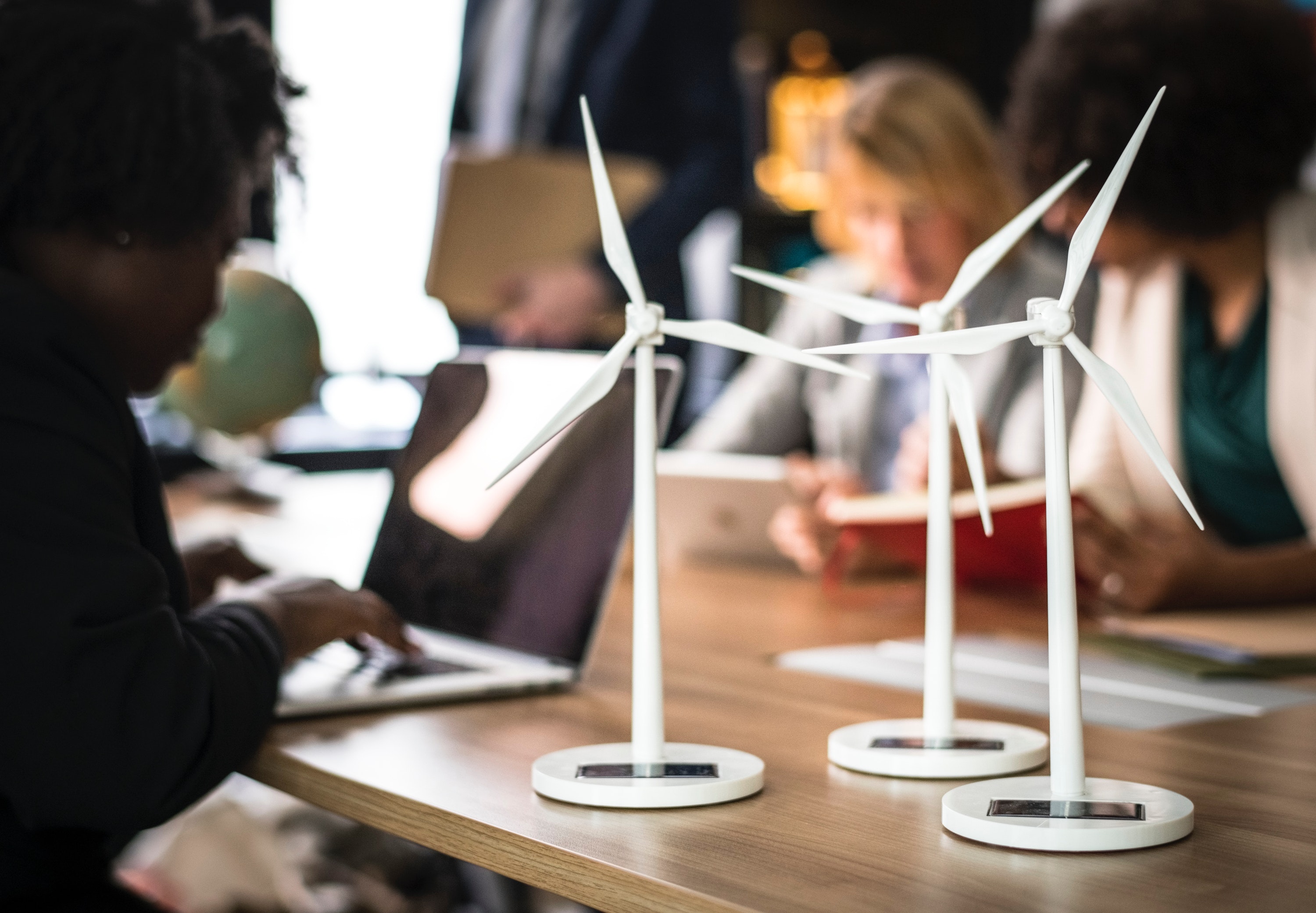The Sweden Ministry for Foreign Affairs and four Stockholm-based research centers have recently launched a knowledge hub to support the management of climate-related security risks.
The initiative, called the Stockholm Climate Security Hub, is built on cooperation among Stockholm Environment Institute (SEI), Stockholm International Water Institute (SIWI), Stockholm Resilience Centre at Stockholm University (SRC), and Stockholm International Peace Research Institute (SIPRI).
“To address climate change and its effects, political decisions need to be based on facts. Security around the world will be affected, and greater knowledge is needed about exactly what forms these climate-related security risks will take and what we should do to deal with them”, Swedish Minister for International Development Cooperation Isabella Lövin said in the official statement.
The Hub is part of Sweden’s efforts to push climate security up the international agenda. In July 2018, under the Swedish presidency of the U.N. Security Council, the U.N. body held a debate to discuss climate change and security for the first time in seven years. According to the analysis by the Bulletin of the Atomic Scientists, the previous debates in 2007 and 2011 were marked by disagreement over whether the Security Council is an appropriate forum for addressing climate change issues, with China and Russia maintaining the opposition to any expansion of the Council’s peacekeeping mandate.
Climate change is increasingly being considered as a threat multiplier, interacting with other risks and threats and leading for instance to population displacement, competition for resources, political turmoil, poverty or exploitation.
In the past few years, the U.N. Security Council has recognized the adverse effects of climate change on stability in West Africa, the Sahel and the Horn of Africa.
Despite the growing understanding that climate change is influencing the security agenda, many experts still perceive an institutional gap for addressing these risks within the UN system, the SRC release noted.
“We need to draw more attention to the link between climate and conflict. This is a priority issue for Sweden to promote peace and security internationally, not least in the UN Security Council. The Hub will be able to support the UN and other multilateral actors by providing the latest knowledge to contribute to more effective and evidence-based decision-making,” says Swedish foreign minister Margot Wallström.
Read more:
Press releases about the launch of the Stockholm Climate Security Hub, by the Government of Sweden SIWI, Stockholm Resilience Centre, SEI.
U.N. release on the UN Security Council Debate on Climate-Related Security Risks (July 11, 2018)






